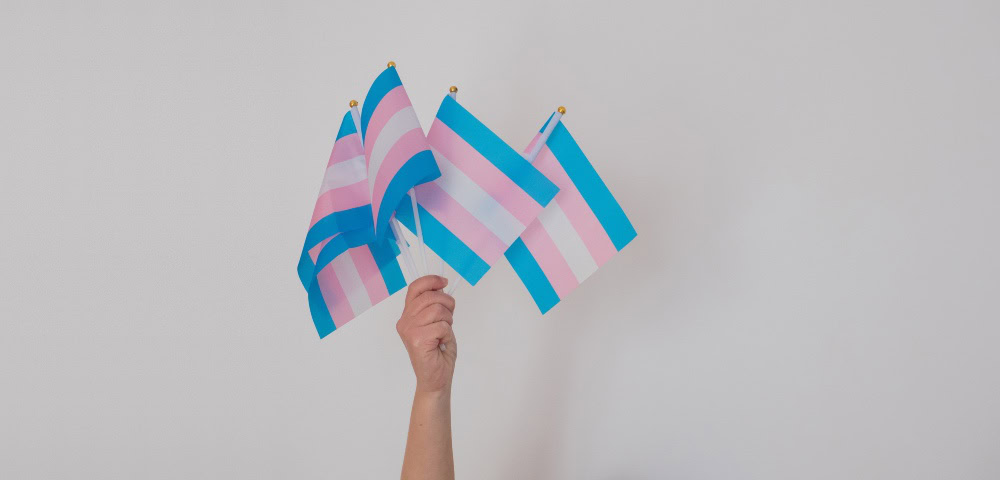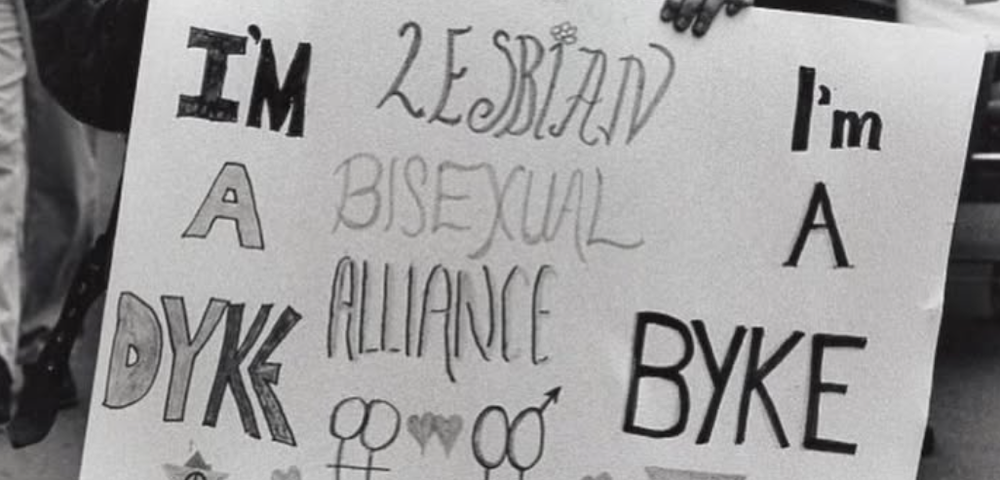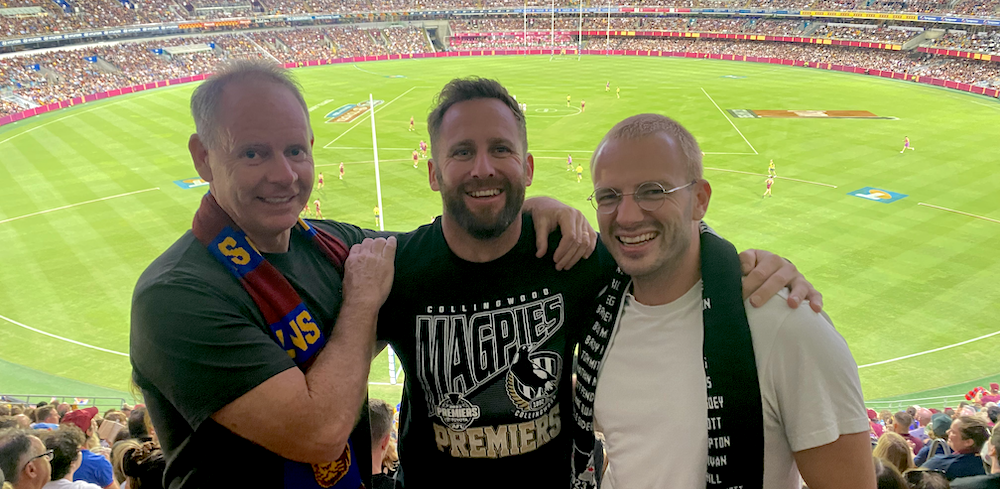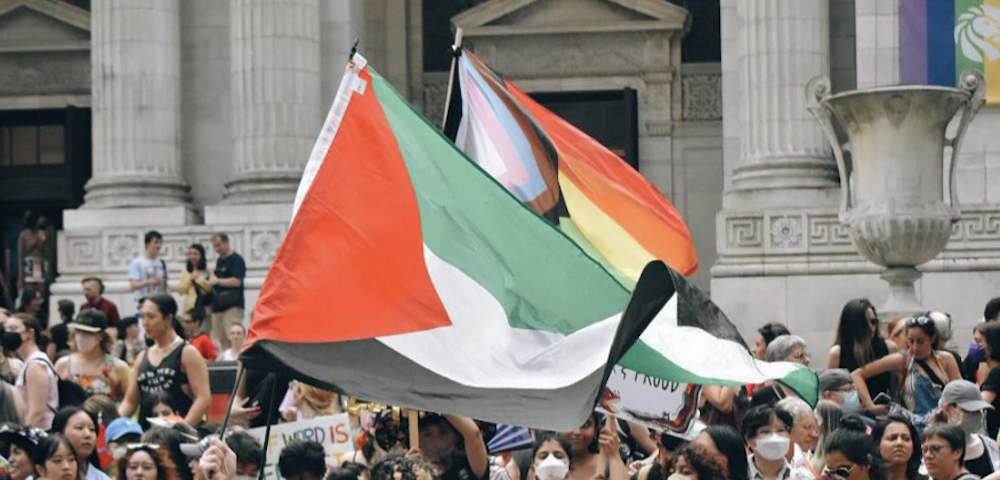
Strong And Proud Trans Communities Leading The Way In Regional NSW

By Daniel McCarthy
On March 31 each year, communities around the world recognise Trans Day of Visibility. It’s a time to celebrate trans communities and reflect on the progress made by trans and gender-diverse people in regional NSW.
However, it is also a day to acknowledge that trans people continue to experience discrimination, marginalisation and poorer health – and that more needs to be done before trans people can experience equal human rights and improved health outcomes.
We know many regions in NSW are setting shining examples of trans inclusion but there can be a higher prevalence of conservative attitudes among some regional communities than in larger urban centres. These beliefs may clash with decolonised understandings of gender and the trans experience, and this can lead to stigma, discrimination, harassment and violence against trans people, making it difficult to live an open and authentic life.
Tackling Hate And Violence
Sadly, we recently witnessed acts of hate and violence aimed at our communities and the continued politicisation of trans health and human rights. These acts are increasingly bold and cause significant harm to trans communities.
In response, we must stand with trans and gender-diverse people and call for those responsible to be held accountable while also working to depoliticise trans health and human rights.
Despite these challenges, many regional trans people find strength and resilience in their communities. People have formed close support networks with other trans people and allies, providing belonging and acceptance. Evidence suggests trans people benefit greatly from this connection. Celebrating and uplifting trans people requires an awareness of the importance of visibility and that includes community support.
Access To Healthcare
One of the greatest challenges in regional NSW is the lack of access to gender and trans-affirming healthcare, resources and peers that support people to live their happiest, healthiest lives.
Poorer access to healthcare in regional NSW is not a problem exclusive to trans people; however, the impact is compounded due to the unique needs of trans people who seek medical gender affirmation such as hormone therapy, surgery and other medical support they may need to affirm their gender. In addition, there remains a lack of trans-affirming mental health support, leaving the community further isolated.
While we must honour the strength and resilience of trans communities, we must also work to bridge the gap between health outcomes and human rights of regional trans individuals compared to their urban peers. This requires sustained advocacy for improved healthcare, as well as promoting acceptance, understanding and celebration within regional communities to combat stigma and discrimination.
We must also work to increase the number of clinicians in regional areas with skills in gender-affirming care and funding support to provide that care. While access to mental health services via telehealth improved during the pandemic, the lack of access to trans-affirming and inclusive mental health services needs to be addressed.
NSW LGBTIQ+ Health Strategy
Encouragingly, the current NSW LGBTIQ+ Health Strategy has a commitment to invest in the training of health professionals to increase skills in gender-affirming health care, trans-affirming practice, and diversity and inclusion. Delivering on this commitment in regional NSW is critically important.
Trans Day of Visibility is a good opportunity to acknowledge those making positive change in regional NSW with and for trans people.
There are too many impressive organisations and people to list by name, but the work of Maple Leaf House deserves to be highlighted. Operating out of Newcastle and providing state-wide, ground-breaking specialist services for trans and gender-diverse young people – it is a lifesaving service.
Also of note is Queer and Now, a Newcastle-based event cooperative that empowers and advocates for the LGBTQIA+ community and creates inclusive arts-based events that help combat social isolation and build connections.
In Northern NSW, Queer Family supports LGBTQIA+ people and allies across Northern Rivers with community-based activities that provide supportive and safe environments for members of the queer community. Additionally, the Illawarra Shoalhaven Gender Alliance supports trans communities to improve trans health, well-being and human rights.
Making A Difference
These and other organisations and countless individuals are making a difference. In light of the recent protests, we know there is a lot of community support for trans people – especially from those who either know a trans person or have taken the opportunity to educate themselves.
We know resilience, pride, passion, and connection are key to overcoming challenges faced by our trans communities – and on this day, we celebrate the progress trans communities in regional NSW have achieved.
We also know that to achieve justice and equal human rights, communities in the broader rainbow sphere and allies must stand with trans and gender-diverse people. We must honour the bravery of trans communities, and follow their lead to be visible in our support, promote inclusion and in challenging the systems and beliefs that prevent trans and gender-diverse people from enjoying the safety, health and rights that so many of us take for granted.
Daniel McCarthy is ACON’s Director of Regional Services.
ACON provides a range of programs and services for LGBTQ communities in regional NSW with offices in the Northern Rivers and the Hunter regions, and outreach services operating across Western and Southern NSW. Go to www.acon.org.au for more information.









